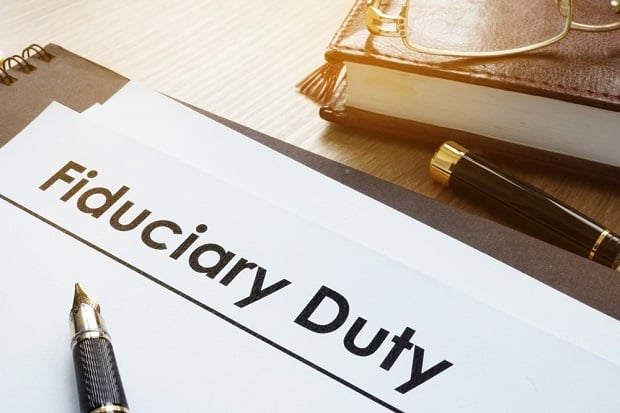 Could a plan seek relief against a plan participant in the form of penalties for breaching its fiduciary duty to the plan to hold and return those funds to the plan? (Photo: Shutterstock)
Could a plan seek relief against a plan participant in the form of penalties for breaching its fiduciary duty to the plan to hold and return those funds to the plan? (Photo: Shutterstock)
"Fiduciary;" a very important and often feared role in the risk industry. If you operate in any benefits role, be it in welfare benefit plans, retirement plans, or financial advisory roles, this particular F-word probably rolls off the tongue with little effort or backlash. Who is a fiduciary? What are the responsibilities of one? How does one become a fiduciary, do they choose to be one or do they inherit the classification because of an action they take? The answer is both!
Recommended For You
Complete your profile to continue reading and get FREE access to BenefitsPRO, part of your ALM digital membership.
Your access to unlimited BenefitsPRO content isn’t changing.
Once you are an ALM digital member, you’ll receive:
- Breaking benefits news and analysis, on-site and via our newsletters and custom alerts
- Educational webcasts, white papers, and ebooks from industry thought leaders
- Critical converage of the property casualty insurance and financial advisory markets on our other ALM sites, PropertyCasualty360 and ThinkAdvisor
Already have an account? Sign In Now
© 2025 ALM Global, LLC, All Rights Reserved. Request academic re-use from www.copyright.com. All other uses, submit a request to [email protected]. For more information visit Asset & Logo Licensing.








